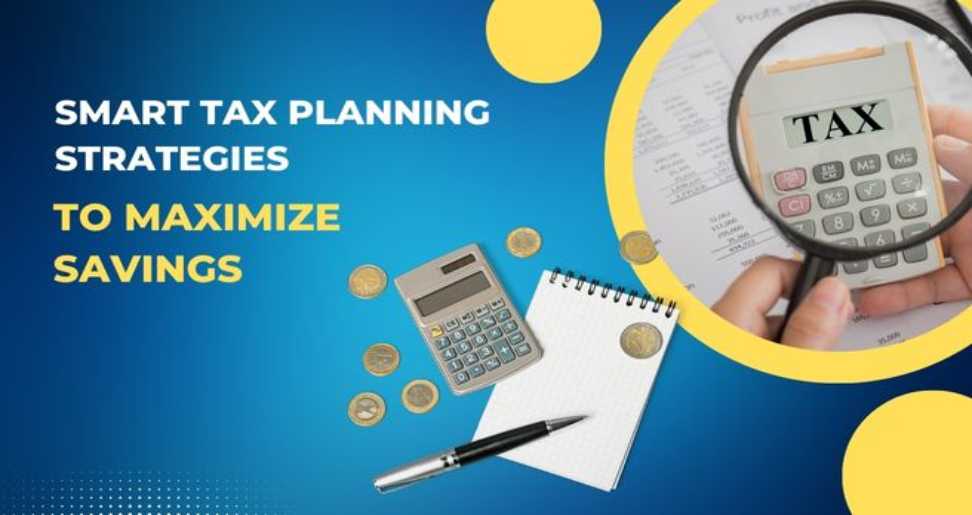Someone famous has wisely quoted ‘A penny saved is a penny earned‘. Tax planning is one of the most significant ways that will assist a person to save on taxes while increasing their income. The Income Tax Act offers deductions for multiple investments and savings along with multiple expenditures incurred by the taxpayer in a mentioned financial year.
When a person invests in multiple products that improve the quality of life, however can also corroborate substantial financial distress. In addition, The government provides income tax exemptions on direct taxes charged on the whole pay to uplift this burden. One needs to discuss certain avenues to assist a person in saving taxes under the old and new tax regimes.
Tax Saving Deductions and Exemptions Under the New Tax Regime
As mentioned under the novel tax regime, only very limited tax deductions are available for taxpayers. In conclusion, opting for the novel tax regime is a considerably great option if they have a minimum investment. However, the tax slab rates are negotiable compared to the previous tax regime.
Employer Contribution to NPS u/s 80CCD(2)
As prescribed, Under section 80CCD(2), the deduction is readily obtainable for the employer’s contribution to NPS. Such benefit is available to multiple individuals who receive a salary and not to self-employed individuals. An employer can participate in the NPS contribution even if they have contributed to the PPF and EPF funds. The contribution delivered by the employer may be considered equal to or more than the contribution made by the employee.
If a person is a central government employee, one has the advantage of claiming a deduction of up to 14% of their employer’s salary(Basic+DA). Whereas, if an individual is a non-government employee, they can claim a maximum of about 10% of their salary (Basic+DA).
The amount that the employer contributes will be deducted from the employee payslip and deposited into the NPS account. There is an absolute threshold of the amount of Rs 750,000 for employer contribution to PF, NPS, and Superannuation.
Amount Paid or Deposited in the Agniveer Corpus Fund under Section 80CCH(2)
The Income Tax Act states that the overall amount the applicants as well as the central government contribute to the Agniveer Corpus Fund which would be eligible or responsible for deduction under section 80CCH(2).
Such an act also states that an exemption or leverage like this will be enhanced if the applicant or the nominees receive such an income under the Agnipath Scheme.
Soldiers that are enrolled in such a scheme will get all the benefits, for instance, ration, risk and hardships, travel, etc. Death and disability compensation is also readily available for the candidates. Such a deduction is now available under both regimes.
Deduction Under Section 57(iia) Of Family Pension Income
Family pension contributes to the amount the employer pays to the employee’s family in the event of the employee’s death.
A sum equal to about ⅓ of the income received by the employee or Rs 15,000, whichever is reduced among the two, will be allowed as a deduction under section 57( iia) of the family pension.
Interest On Home Loan On Let-out Property Under Section 24
Under the novel tax regime, interest on a home loan or a personal loan for self-occupied property is prohibited under section 24. However, interest on a home loan on the let-out property is allowed as a deduction without any upper limit.
Park Your Money In Government Schemes
Several government-mandated schemes provide increased returns on total investments along with multiple tax waivers. Individuals can claim up to Rs 1.5 lakh spent on such kinds of investments as tax waivers on total annual income under Section 80 (C) of the Income Tax Act.
Have a Look :-
- What Time Does The NFL Draft Start?
- Best Paying Jobs In Consumer Durables
- What’s Been Your Experience Using Costco Travel To Book A Vacation?

